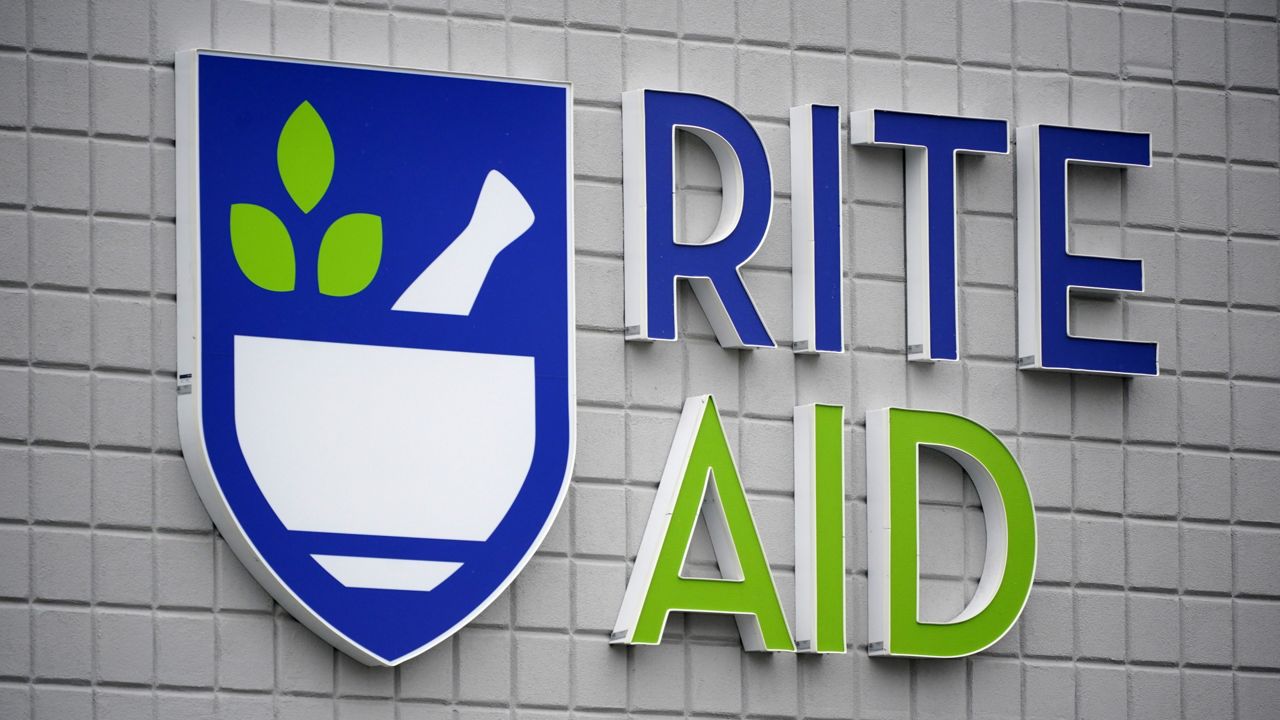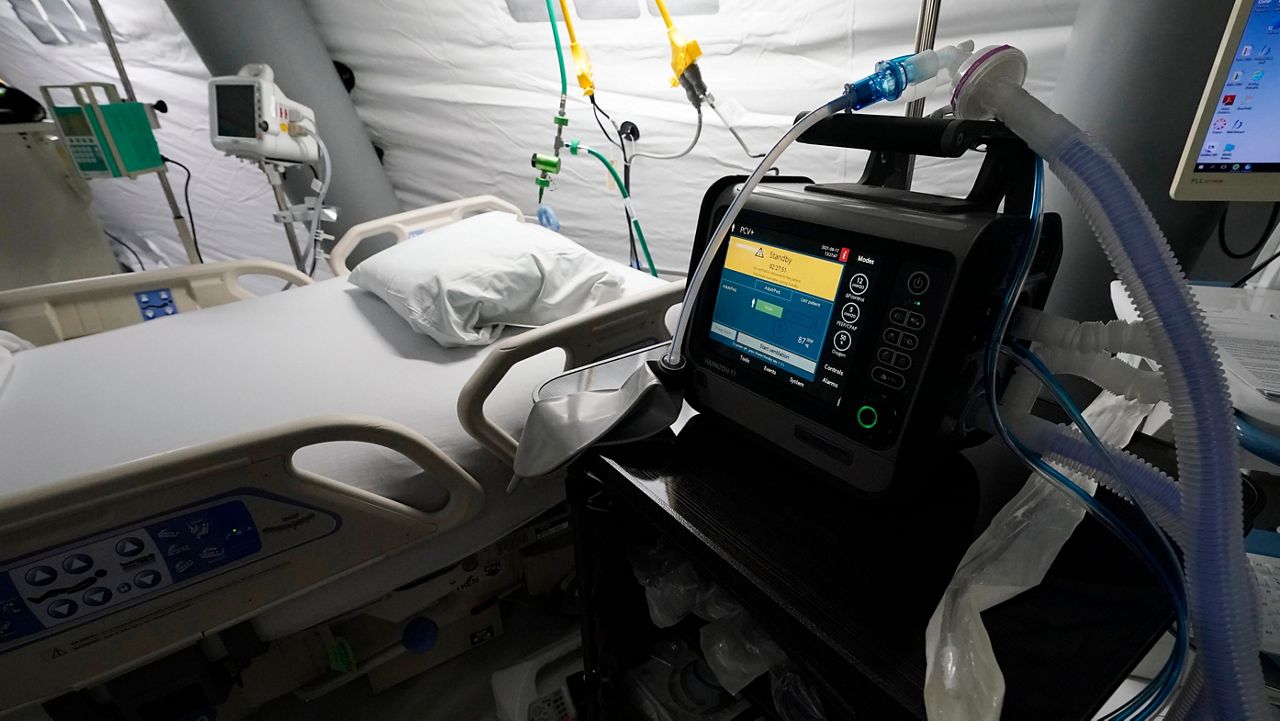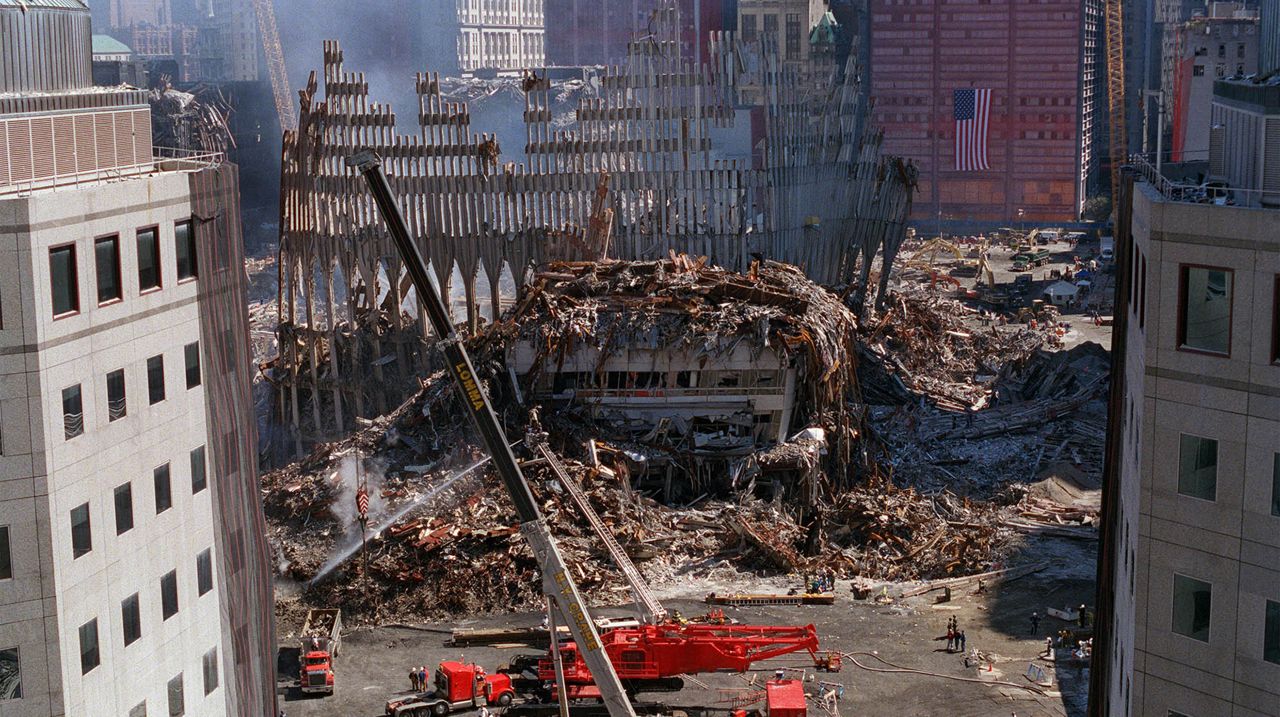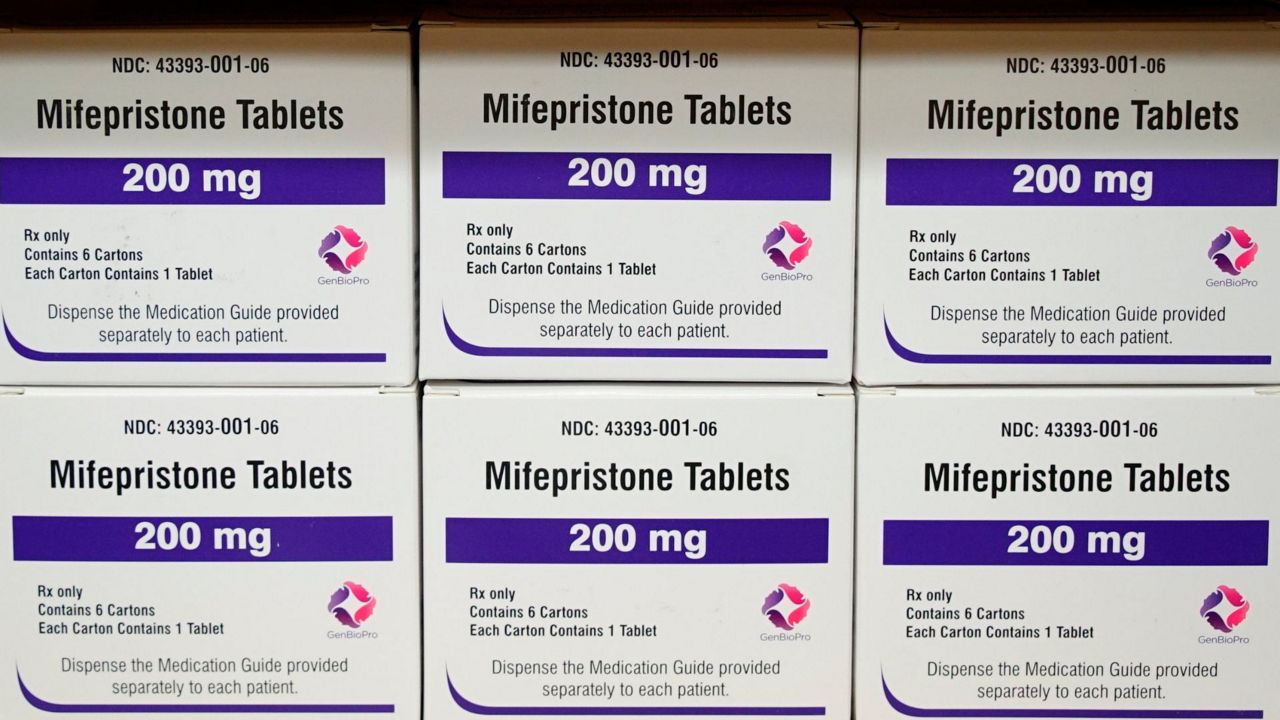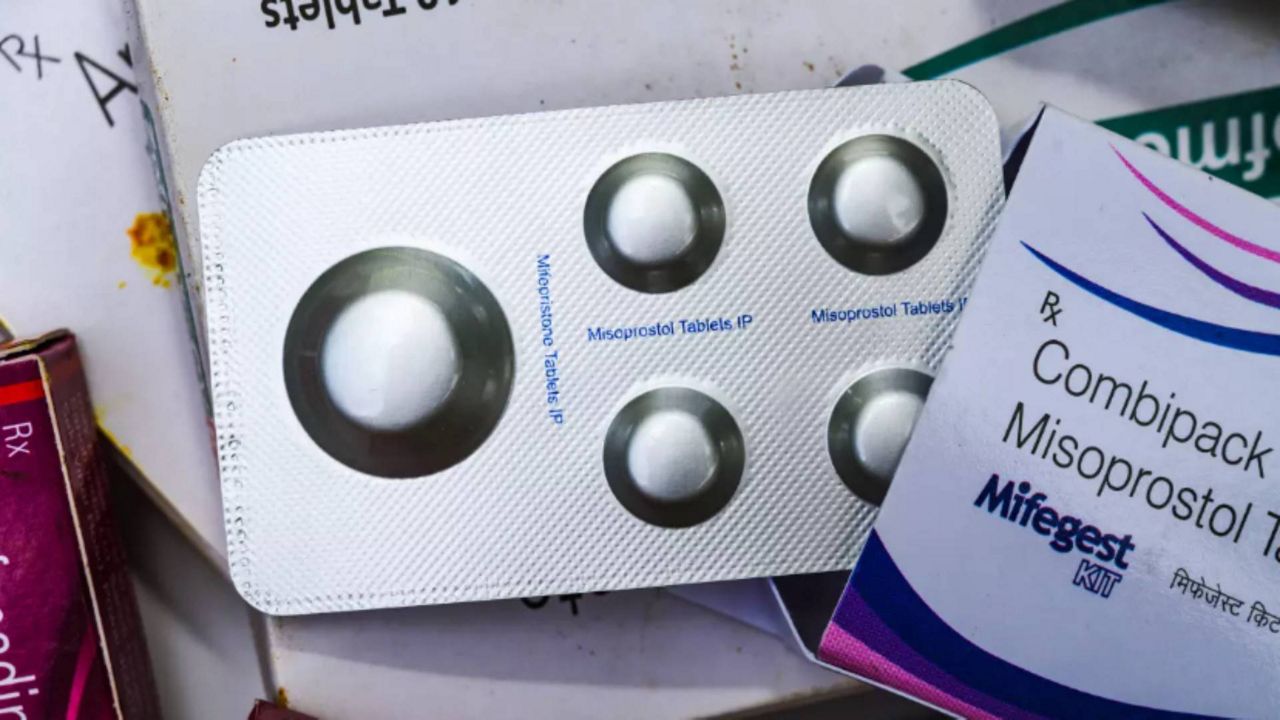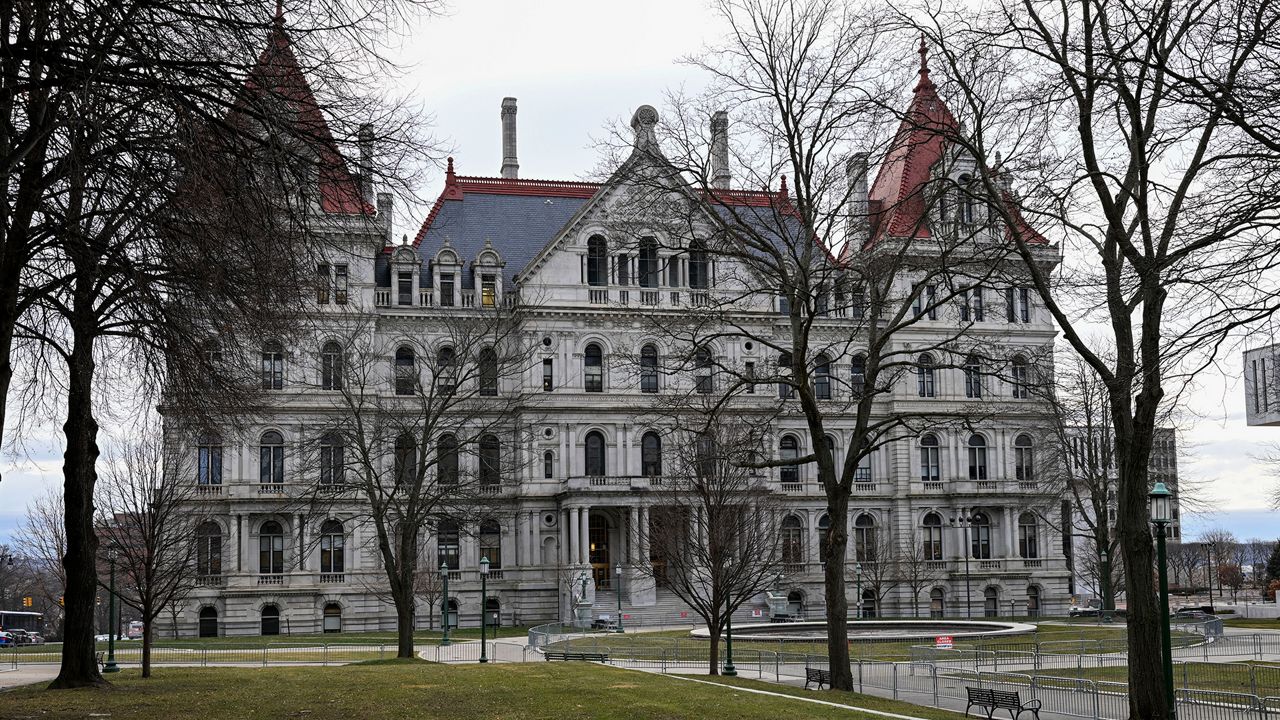The state Department of Health is urging New Yorkers to get their children vaccinated against measles with cases on the rise in parts of the U.S.
The agency issued a measles-related health advisory on Thursday, saying statewide vaccination rates for the respiratory disease “continue to fall below the level that is necessary to protect communities.”
What You Need To Know
- The state Department of Health is urging New Yorkers to get their children vaccinated against measles with cases on the rise in parts of the U.S.
- New York state has seen two cases of measles so far this year, both of which were reported in New York City, the agency said
- On Wednesday, officials said an unvaccinated child died in a measles outbreak in Texas, marking the first fatal case of measles in the country since 2015
The state has seen two cases of measles so far this year, both of which were reported in New York City, the department said in a release.
The advisory came a day after officials said an unvaccinated child died in a measles outbreak in Texas, marking the first fatal case of measles in the country since 2015.
Another unvaccinated child was confirmed infected with measles in Bergen County, New Jersey. Health officials have alerted the public that two of the child's family members, who are also unvaccinated, also have measles.
According to the city Health Department, the two cases in the city are unrelated and occurred in children under 12 months of age, younger than the age at which vaccines are recommended.
Health officials say one contracted the disease in January and has recovered.
Cases and hospitalizations have also been increasing in New Mexico and Canada, the release said.
“As a pediatrician and the State’s doctor, I want to remind everyone that immunization is safe and the best protection for your children against measles and other potentially deadly diseases,” New York state Health Commissioner Dr. James McDonald said in a statement.
"Cases of measles are on the rise nationwide... Get vaccinated if you aren't already and vaccinate your kids," Mayor Eric Adams wrote on the social media platform X.
"The vaccine is highly effective, very, very safe and it has made a huge difference in the U.S. population and around the world," Dr. Robert Amler, dean of New York Medical College, said.
Health and Human Services Secretary Robert F. Kennedy Jr., long a vaccine skeptic, downplayed the rise in cases at Wednesday's cabinet meeting.
"There have been four measles outbreaks so far this year. Last year there were 16, so it’s not unusual. We have measles outbreaks every year," he said.
But public health experts, like Dr. Peter Hotez at the Center for Vaccine Development at Texas Children's Hospital, say Kennedy's statement needs more context.
"We had a four-fold rise in measles cases from 2023 to 2024. He's right, we had 16 last year, we had four the year before that," Hotez said. "And now, we already have four in just the first month, or so, of this year so, this will continue to accelerate."
The virus that causes measles is airborne and spreads easily when an infected person breathes, sneezes or coughs. It most commonly affects kids.
Measles first infects the respiratory tract, then spreads throughout the body, causing a high fever, runny nose, cough, red, watery eyes and a rash.
The rash generally appears three to five days after the first symptoms, beginning as flat red spots on the face and then spreading downward to the neck, trunk, arms, legs and feet. When the rash appears, the fever may spike over 104 degrees Fahrenheit, according to the Centers for Disease Control and Prevention.
There’s no specific treatment for measles, so doctors generally try to alleviate symptoms, prevent complications and keep patients comfortable.
“In some cases, measles can reduce the immune system’s ability to fight other infections like pneumonia,” McDonald said in his statement. “I encourage anyone not vaccinated against measles to receive at least one dose of the Measles, Mumps and Rubella (MMR) vaccine and get their children vaccinated with two doses.”
Children generally get their first dose of the vaccine at 12 to 15 months old, the release said. While the second dose is usually administered between ages 4 and 6, it can be given as early as a month after the first one.
Every county in the state has seen MMR vaccination rates among 2-year-olds fall “far below herd immunity levels,” the release noted. Herd immunity is reached when at least 95% of a population has received two doses of the vaccine.
While measles isn’t usually fatal, it can be. Common complications include ear infections and diarrhea. But about 1 in 5 unvaccinated Americans who get measles are hospitalized, the CDC said.
Pregnant women who haven’t gotten the vaccine may give birth prematurely or have a low-birthweight baby.
Among children with measles, about 1 in every 20 develops pneumonia, the CDC said, and about one in every 1,000 suffers swelling of the brain called encephalitis — which can lead to convulsions, deafness or intellectual disability.






